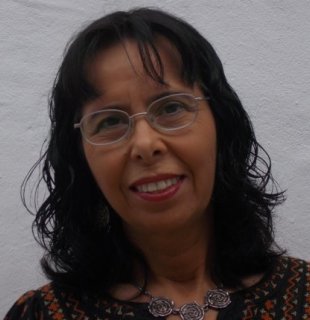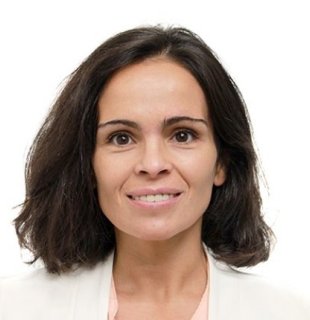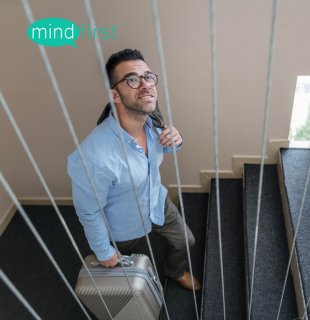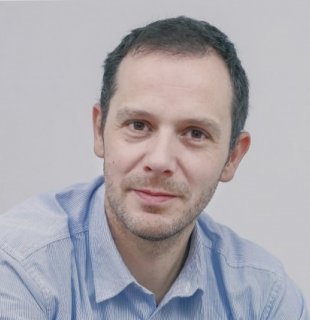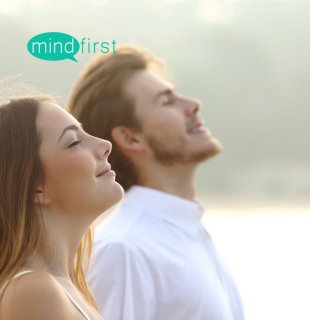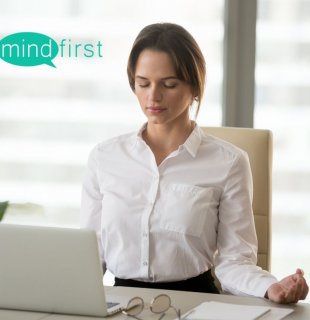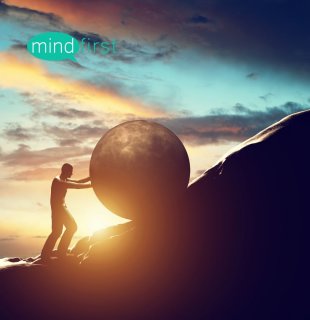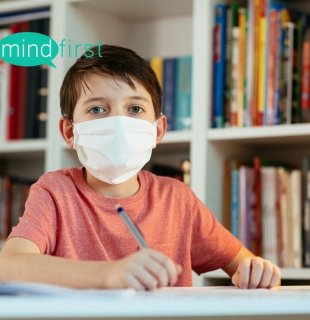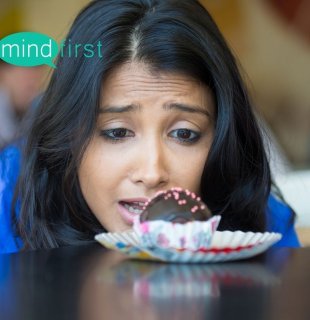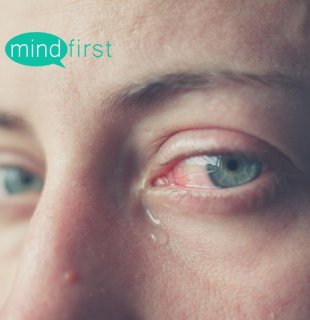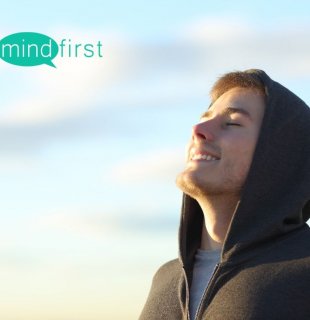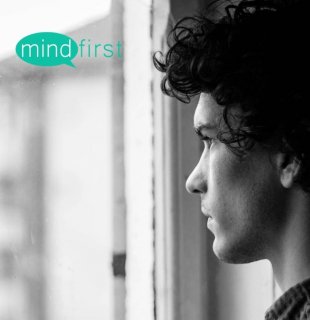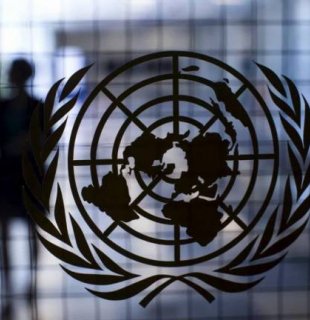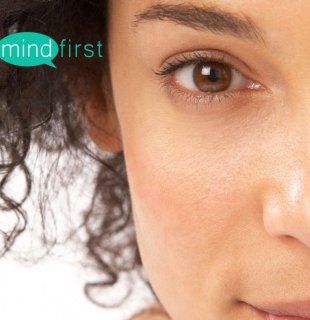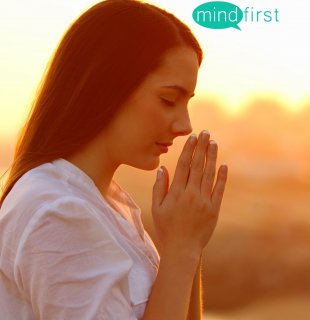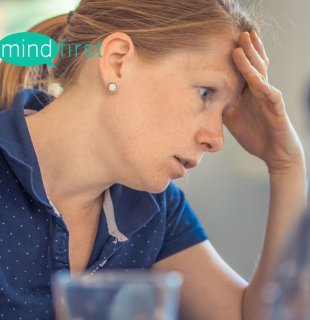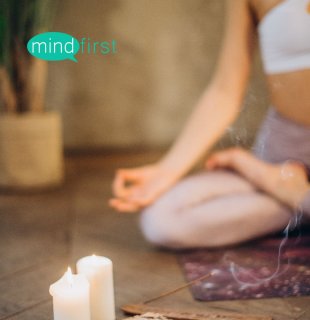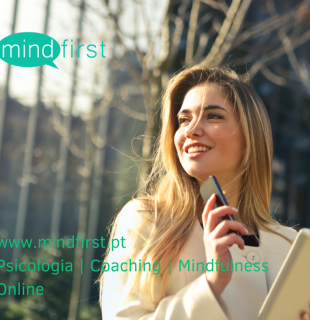We have entered a new phase of the pandemic - little by little, the return to life outside. As a result, the period of strict confinement that has brought so much to our lives appears to be coming to an end. Fear, anxiety, anguish, and confusion were all natural reactions to a truly concerning situation that called our entire way of life into question. It could also have brought to the surface what was deep within us that had been (dis)organized by the agitation of the days. A crisis is a situation that, without warning or permission, disrupts the psychic and social balance - hence the name. It is then critical to access both internal resources and external resources, such as emotional and social support, to which everyone has access. It necessitates adaptation, and just as we had to adjust to confinement, we now have to adjust to de-confinement.



